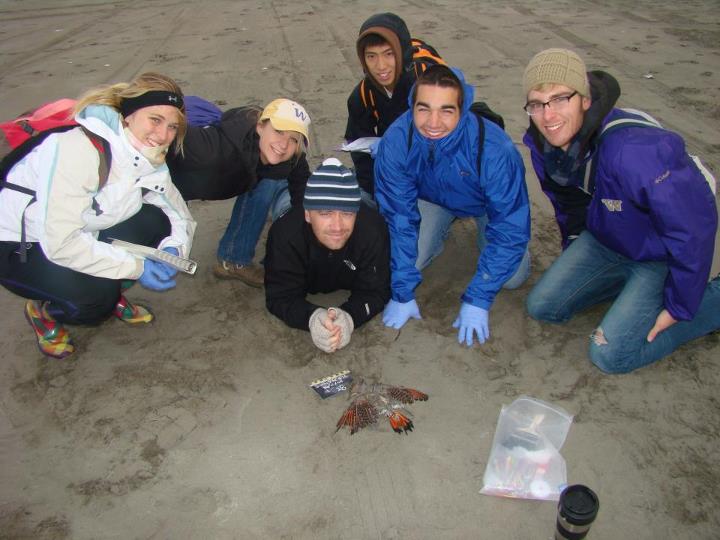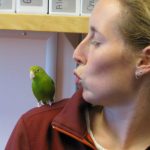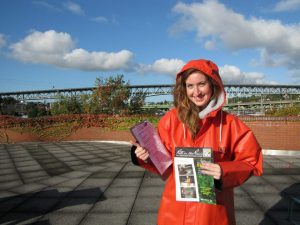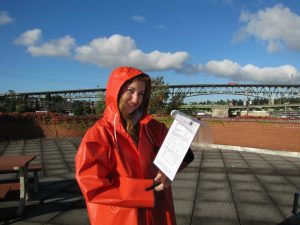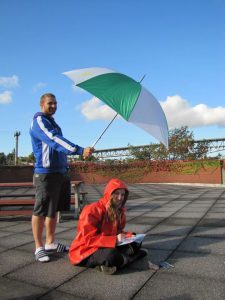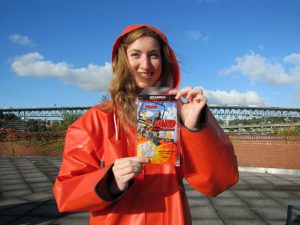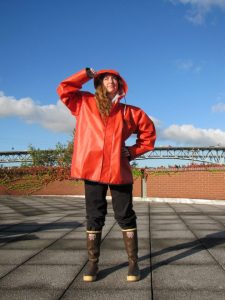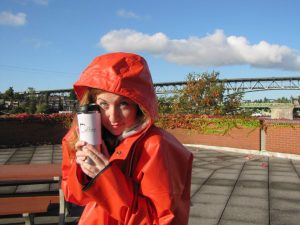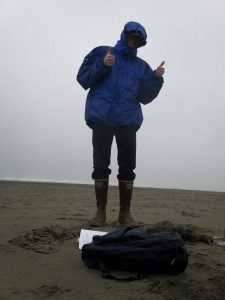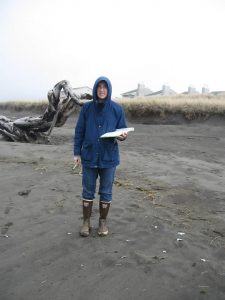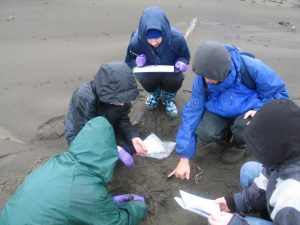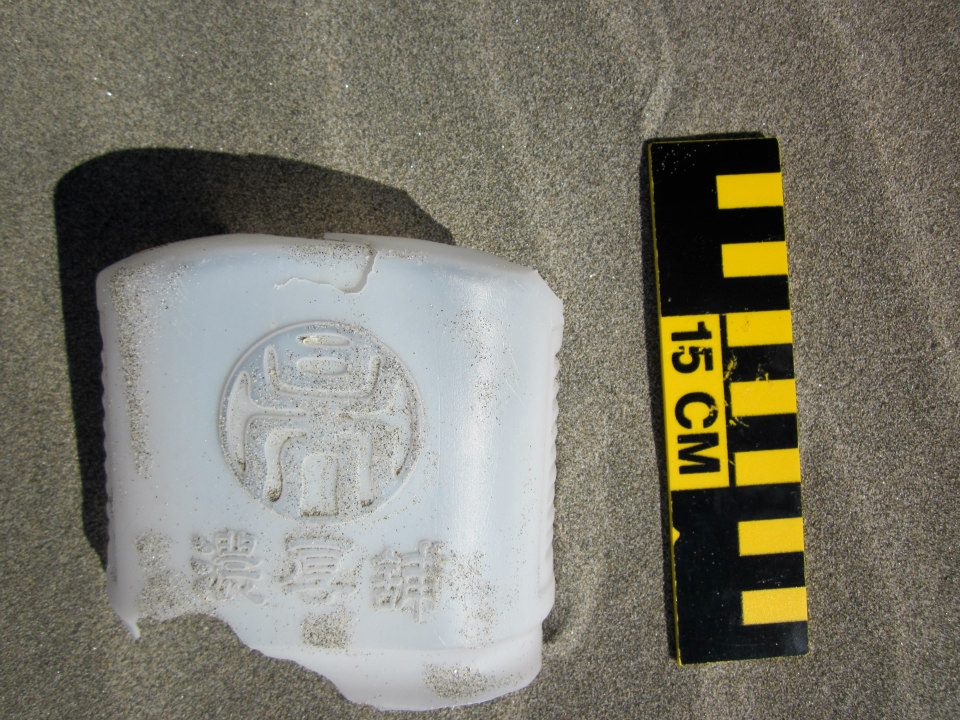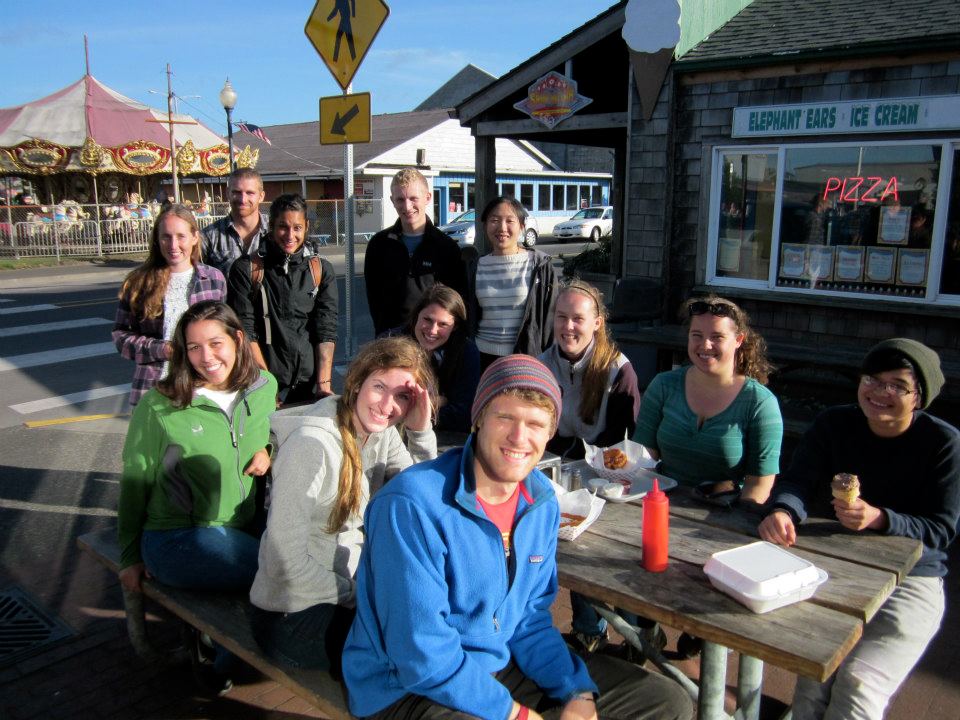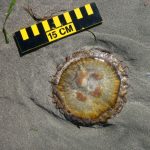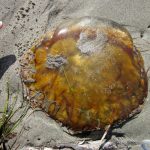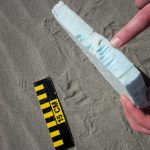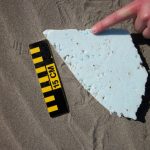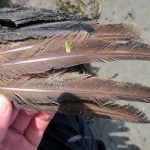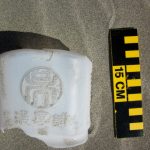COASSTers –
We wanted to share a couple of great new features on our website, aimed to link COASSTers together and all of you to us:
BLOG
We’ve started a blog! Here we’ll highlight seabirds in the news, wrecks and wreck warnings, trainings, socials, talks, and the happenings in the COASST office. On the right hand side, you can search for areas that interest you, or by popular subject using “tags” below. You can access it through the COASST website ‘Volunteer Toolbox’ section or by clicking this link:
http://blogs.uw.edu/coasst/
The blog features similar content for those of you not already connected through our public Facebook page:
http://www.facebook.com/pages/COASST-Coastal-Observation-And-Seabird-Survey-Team/174983084327
LIVE CHAT
Through this feature, you can chat directly with COASST staff during normal business hours (~9am-5pm, weekdays). Access this link by going to the COASST website (http://www.coasst.org) and clicking ‘Live Chat’ in the lower right corner of the screen. Just type your name, email address, and question or issue and we’ll respond! We’re hoping this provides quick answers to short survey or online data entry questions.
Thanks to Peder for helping us daylight these new additions.
Cheers,
Julia, Jane, Charlie, Heidi, Liz, Leslie, and Peder (intern extraordinaire)

